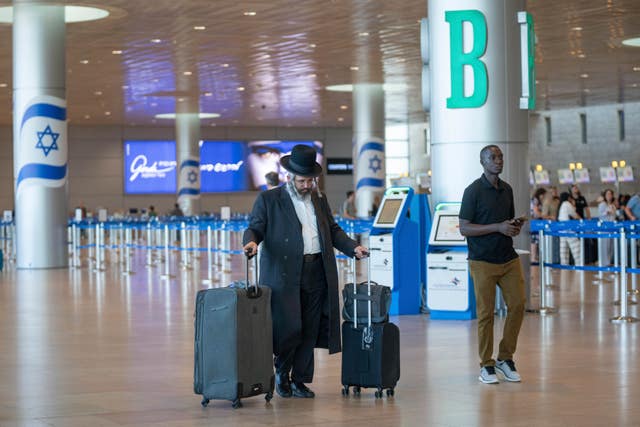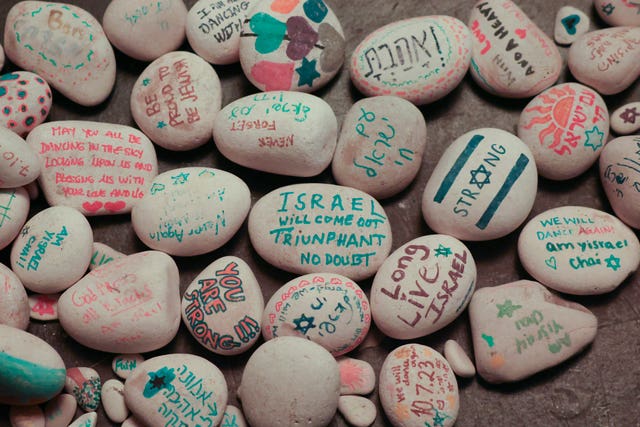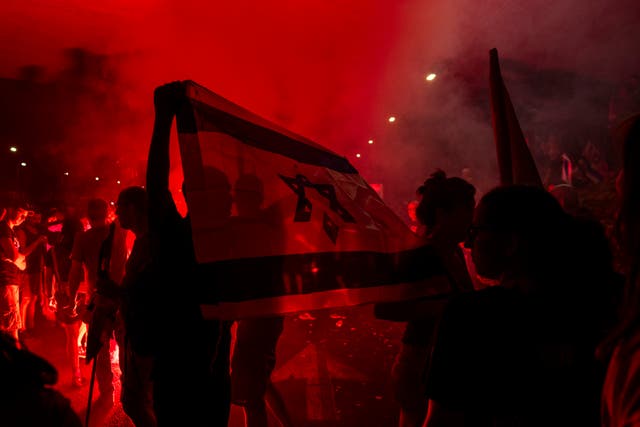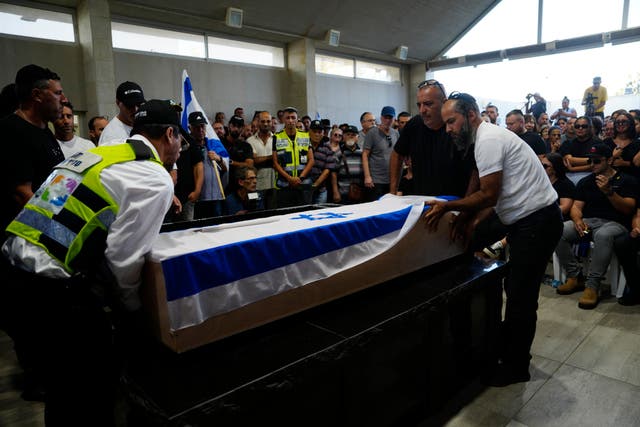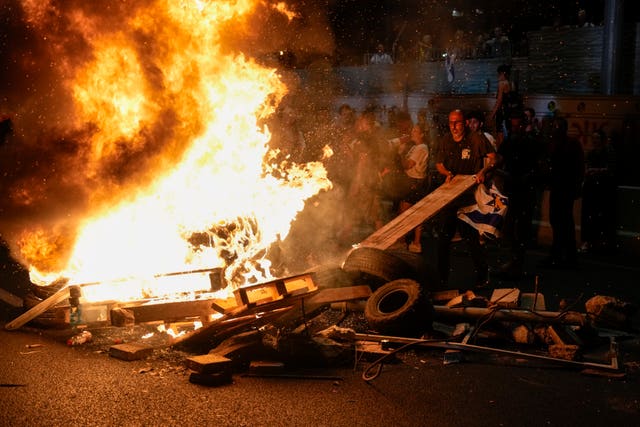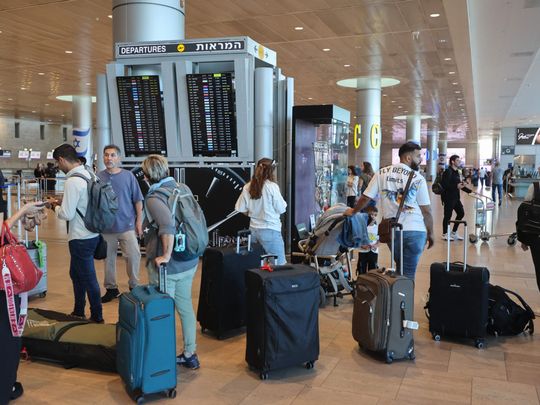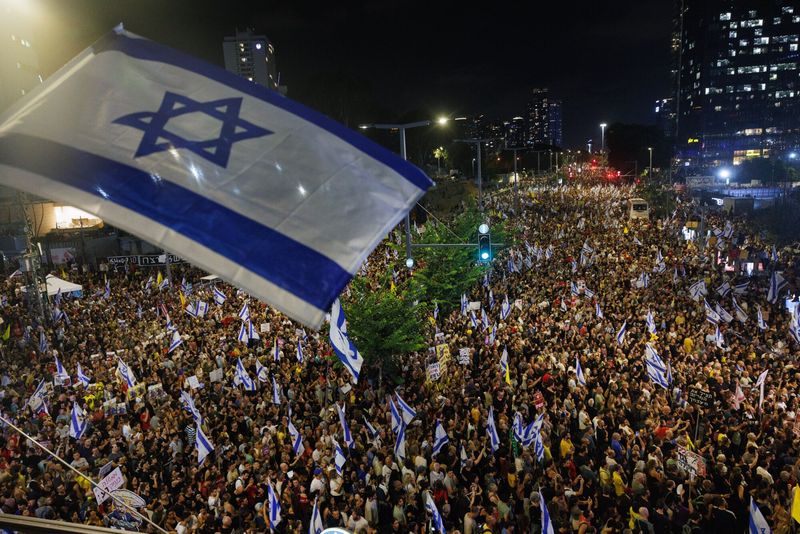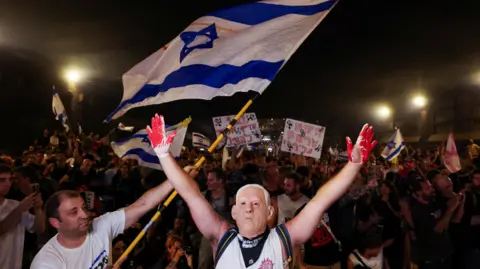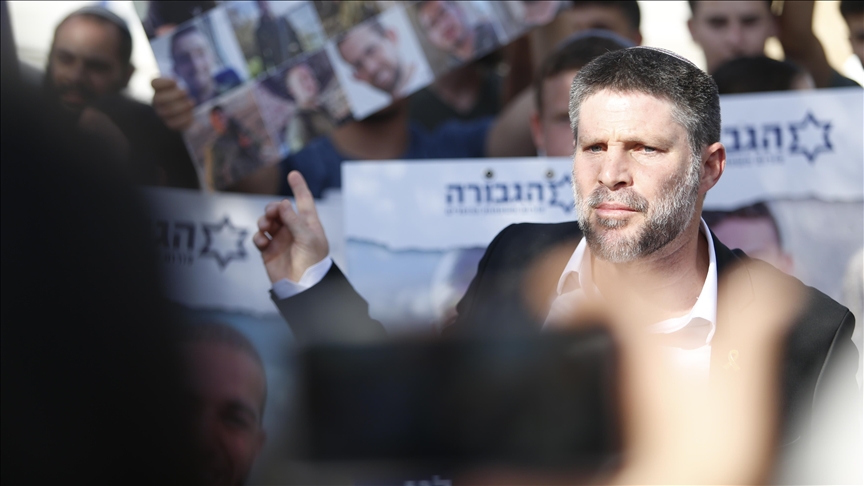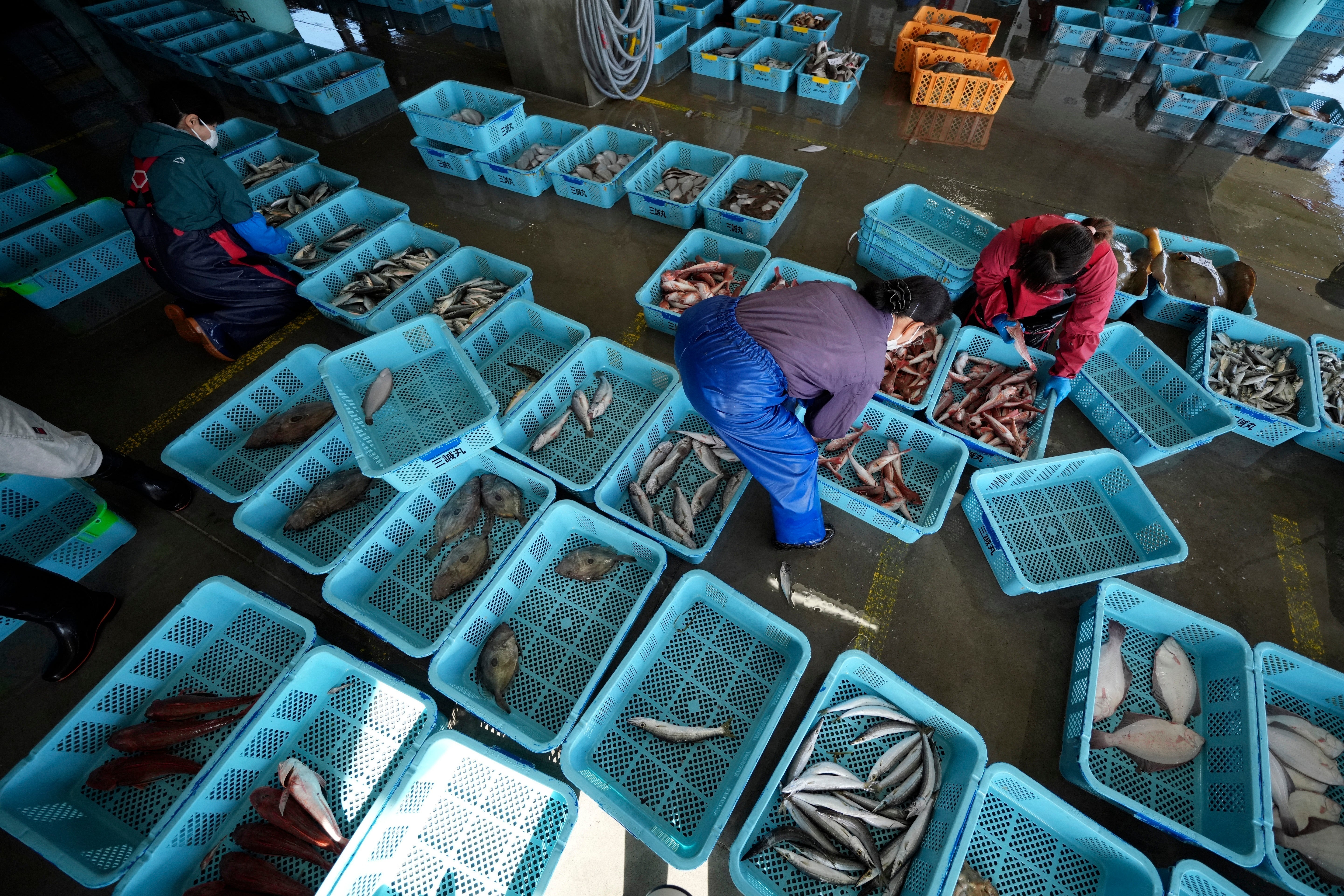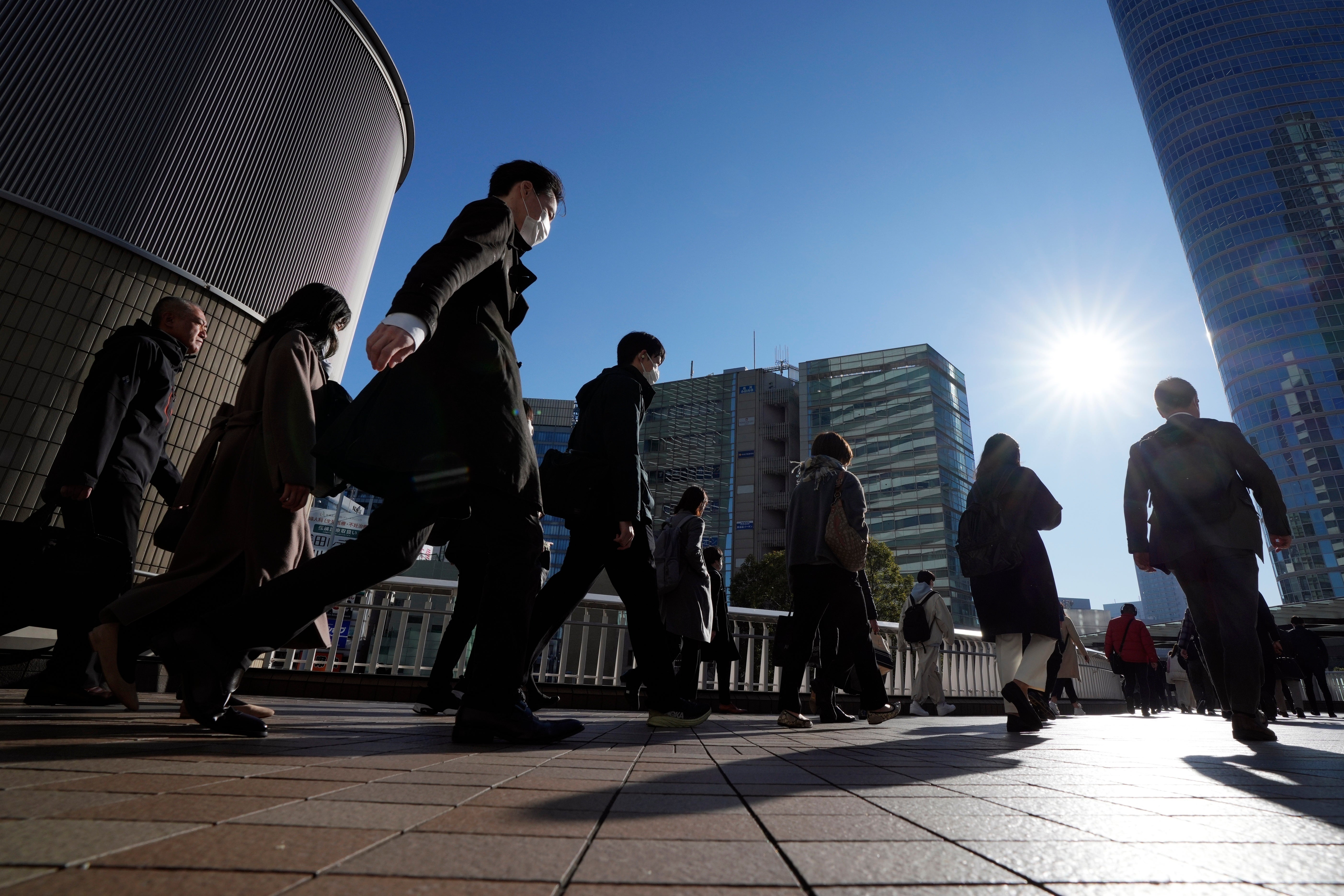AA
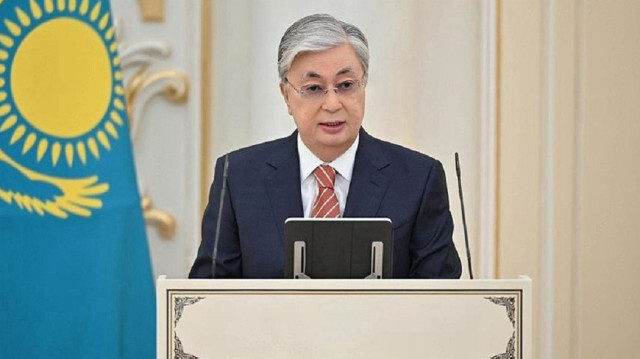
Kazakhstan will hold a national referendum on October 6 to decide on the construction of a nuclear power plant, President Kassym-Jomart Tokayev announced on Monday. The decision reflects the government's push to address the country's growing energy needs amid a global energy deficit.
“I support the government's proposal. The national referendum on the construction of the nuclear power plant will be held on Oct. 6 of this year, and today I will sign the relevant decree,” Tokayev stated during an address to the nation.
Tokayev underscored the importance of nuclear energy as a solution to meet Kazakhstan's increasing energy demands. He highlighted that any decision on this significant national issue must be made with the people's backing. "Every important step for the life of the country must be made with the support of the people. It should be the same with the referendum on the nuclear power plant,” he added.
The proposal for the referendum was first floated by Tokayev in September last year. He described the decision to build or not build a nuclear power plant as a critical issue for Kazakhstan's future, noting that opinions in the country are divided, with safety concerns being a significant factor.
These concerns stem from the tragic legacy of the Semipalatinsk nuclear test site, located in northeastern Kazakhstan, where more than 450 nuclear tests were conducted during the Soviet era. The site was closed in 1991, but the memory of its impact remains strong among the population.
As Kazakhstan weighs its energy future, the upcoming referendum will be a pivotal moment in determining whether the country moves forward with nuclear power.
Green Economy Materials 2 September 2024
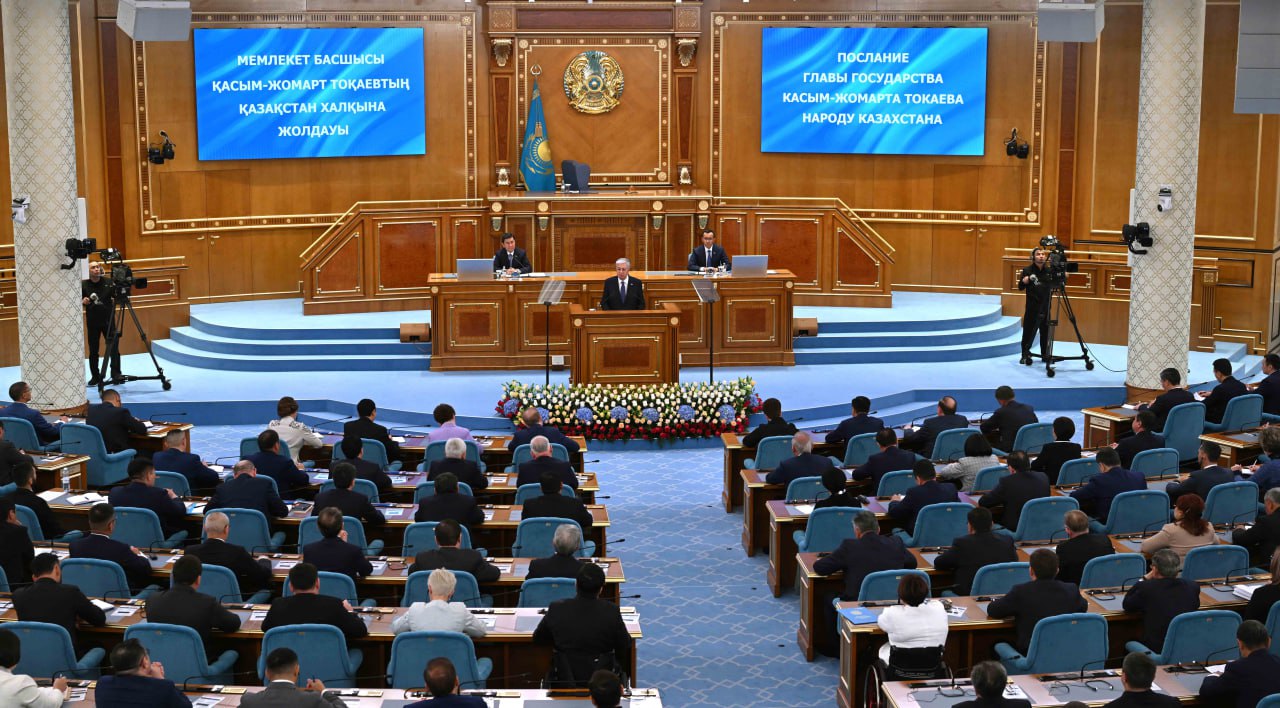
Photo: Akorda
ASTANA, Kazakhstan, September 2. One of the major tasks is to improve the ecological situation in the country and cultivate a careful attitude toward the environment, President of Kazakhstan Kassym-Jomart Tokayev said while delivering his annual message to the nation at a joint session of the Chambers of Parliament, Trend reports.
“Our citizens must be safeguarded from environmental hazards. Businesses should take nature protection seriously. The government and Atameken Chamber should act. The most advanced technologies in this field must be widely introduced and a contemporary pollution monitoring system established.
The preservation of Kazakhstan's unique flora and fauna will remain the focus of our attention. The state will take all necessary measures to protect forests and steppes from fires,” he said.
Even though Kazakhstan is home to a wide variety of plant and animal species, the president pointed out that just five percent of the country is covered by woods.
“Forest reproduction is of decisive importance for the preservation of ecological balance and further sustainable socio-economic progress of the country. Since the first days of my presidency, I have been paying special attention to this issue.
The idea of increasing forest areas should become truly popular. Serious awareness-raising work among citizens should be organized on this topic,” the head of state added.

